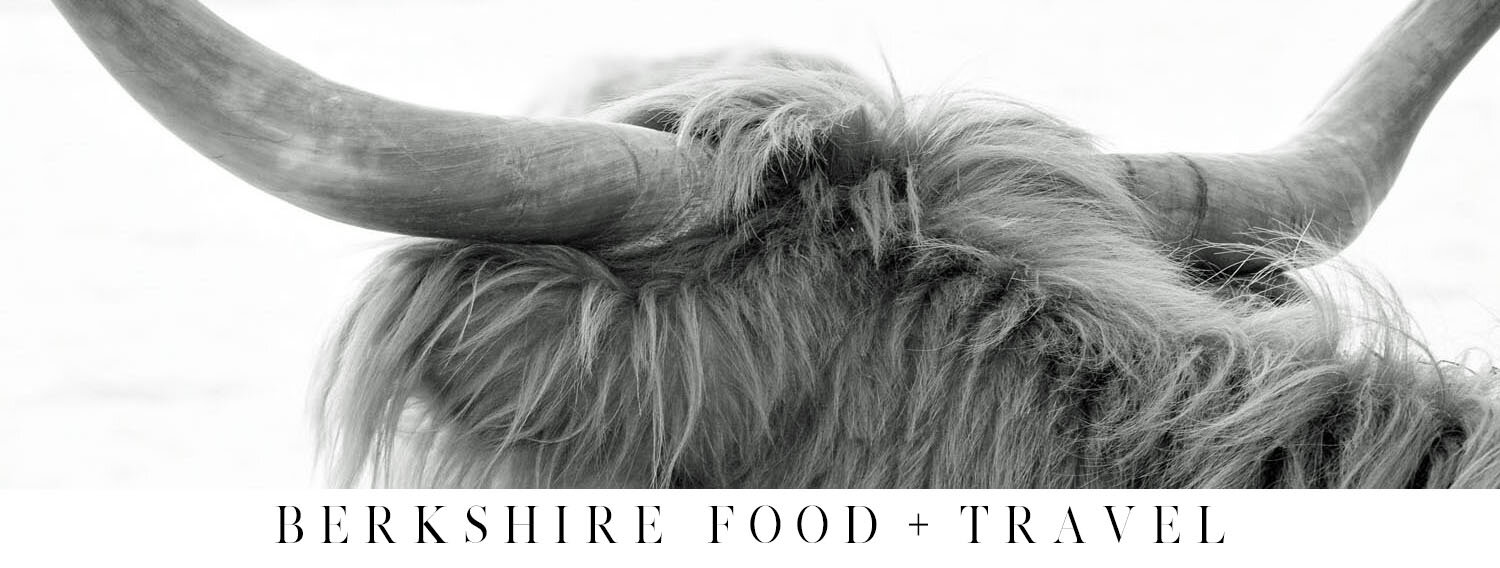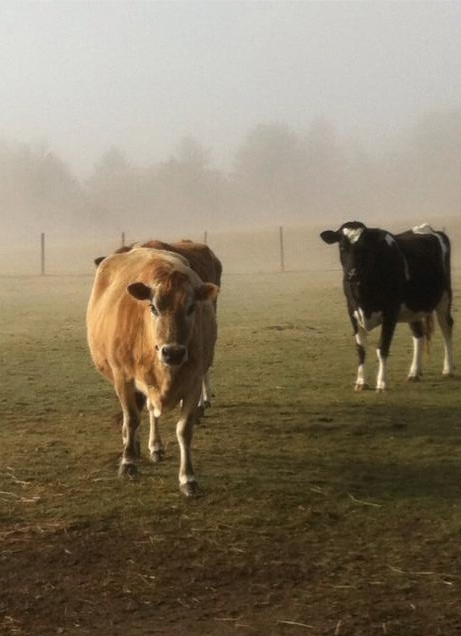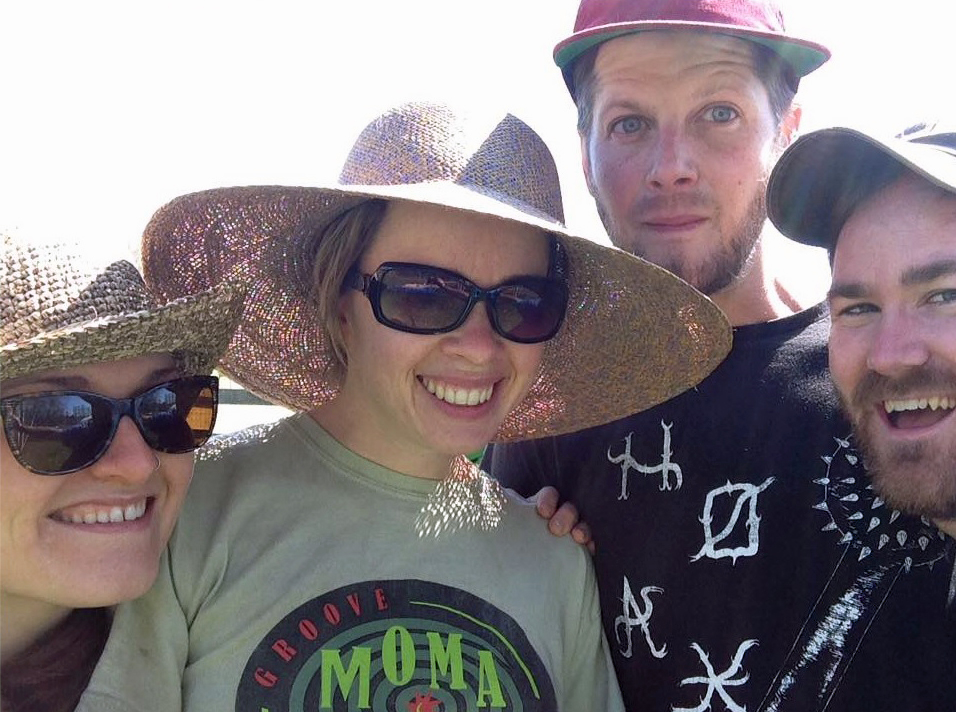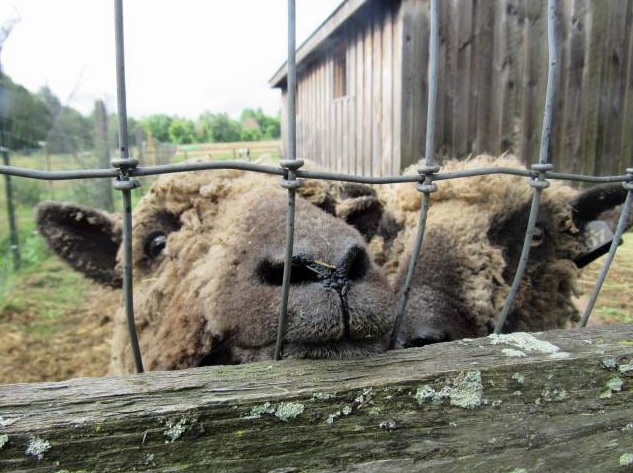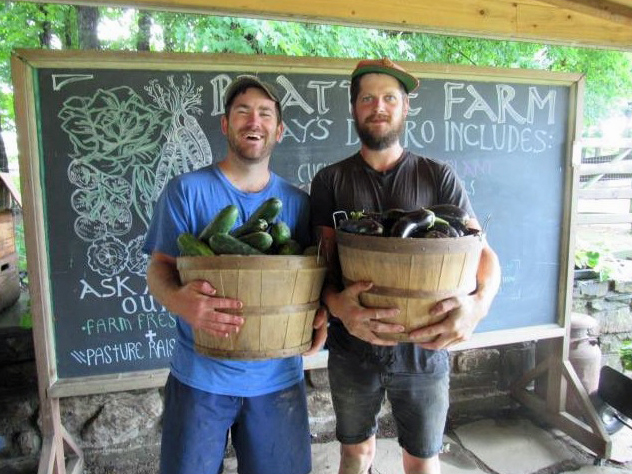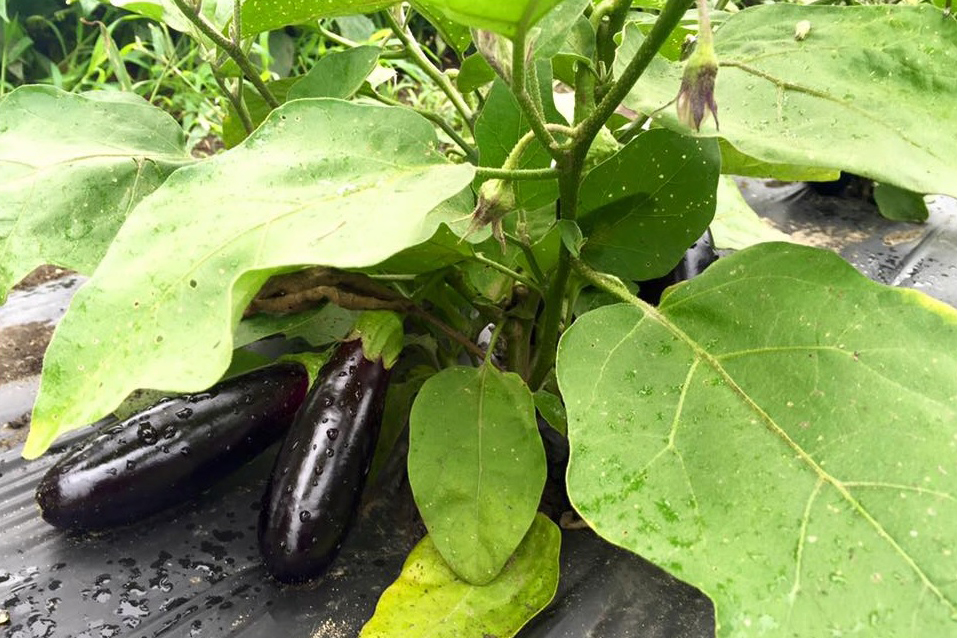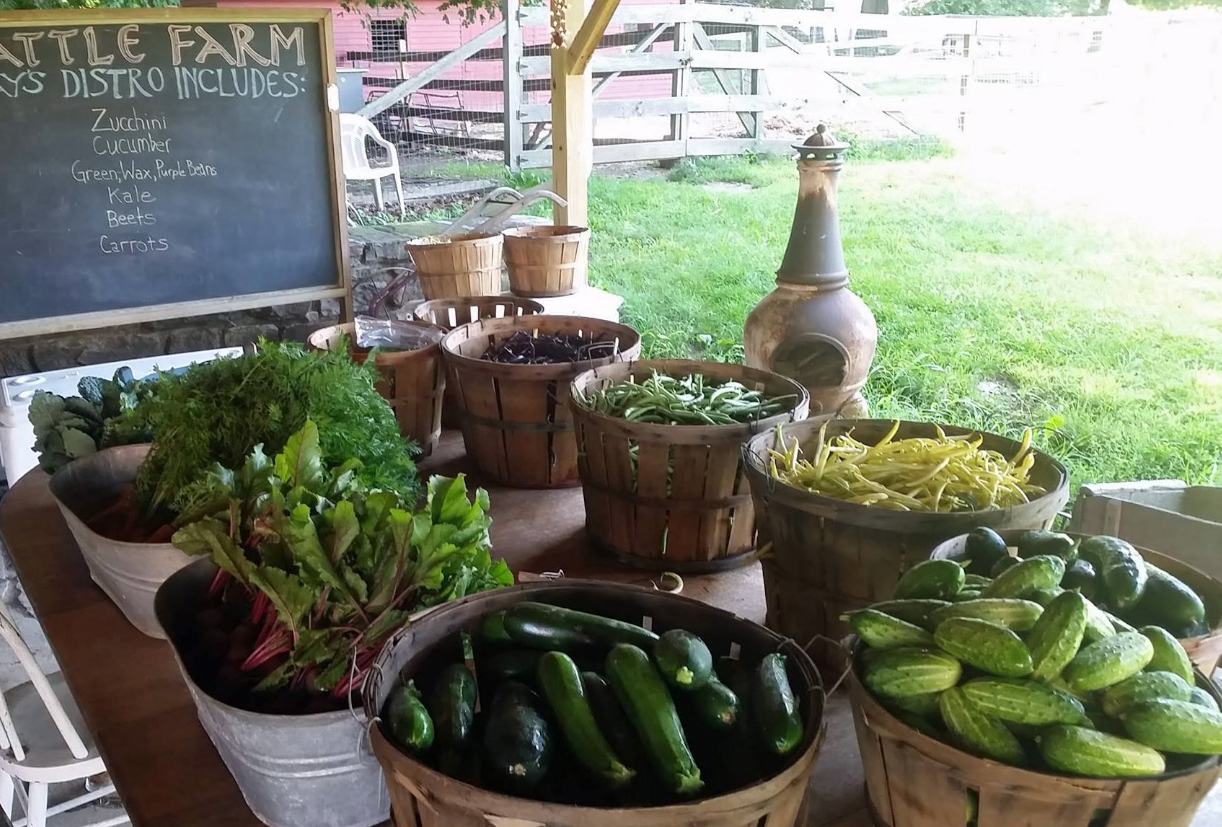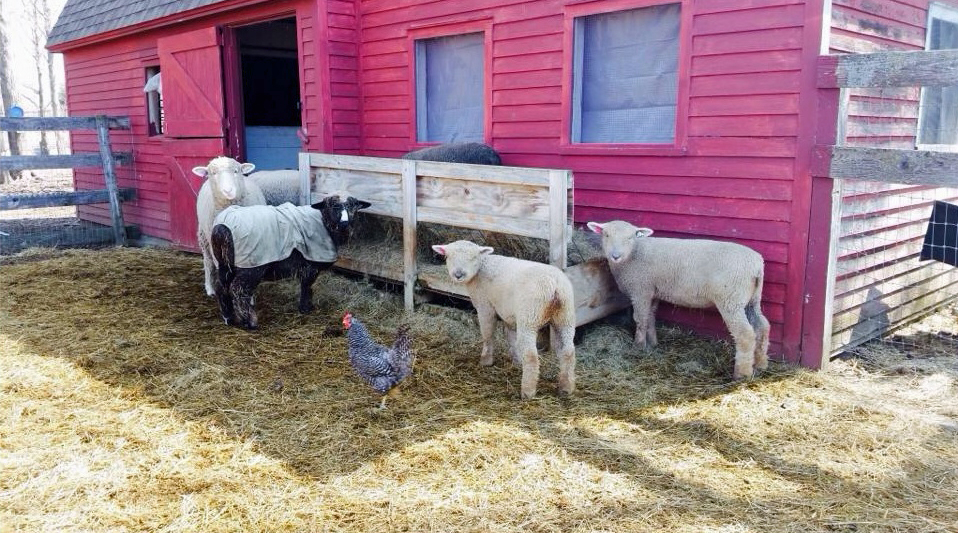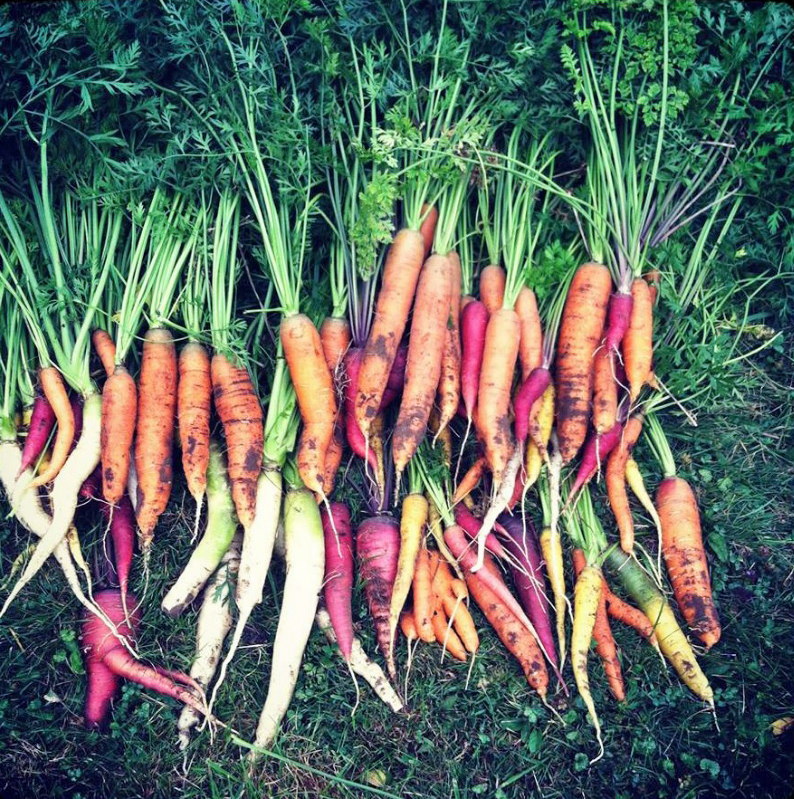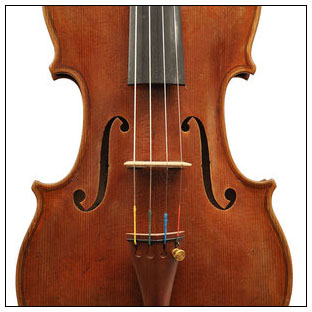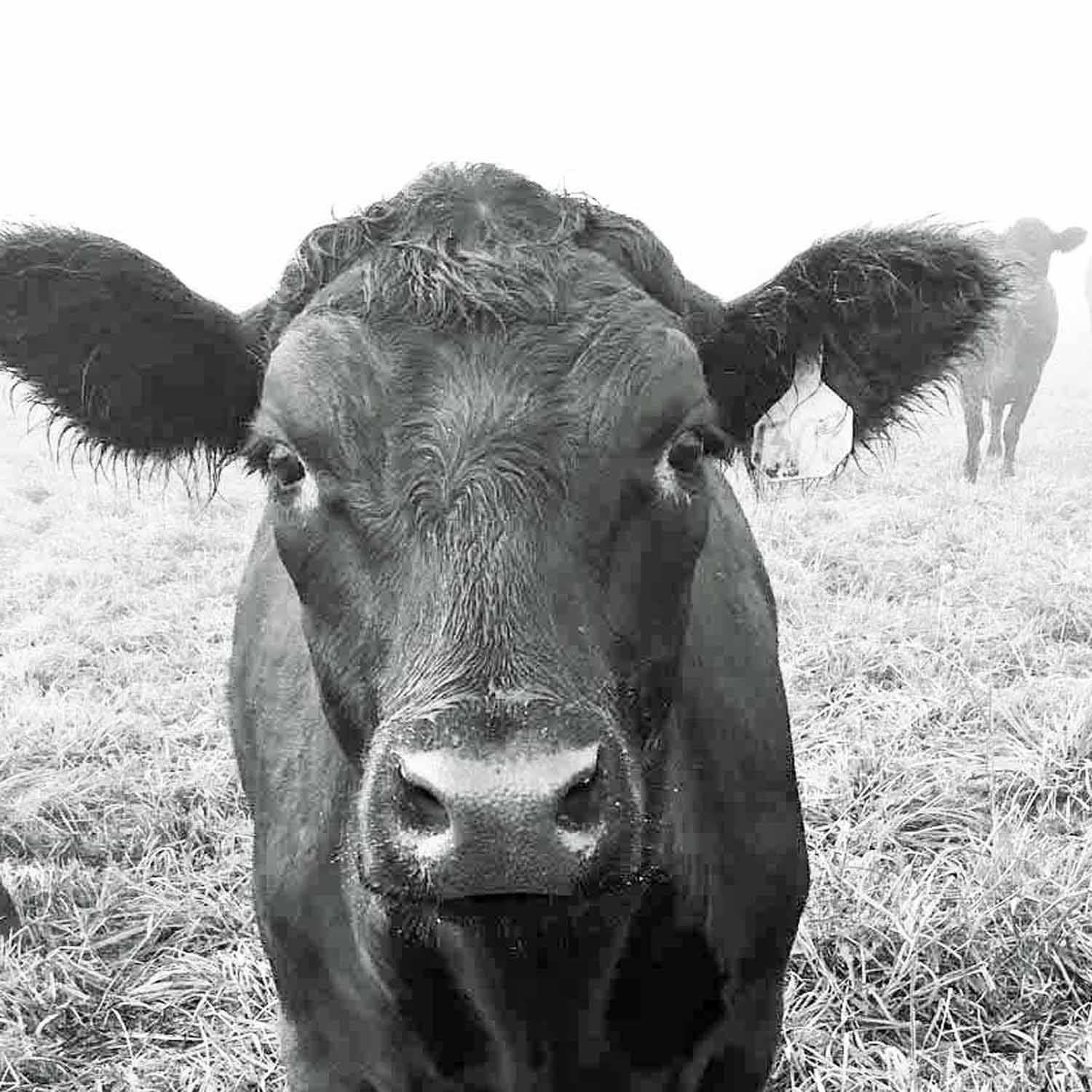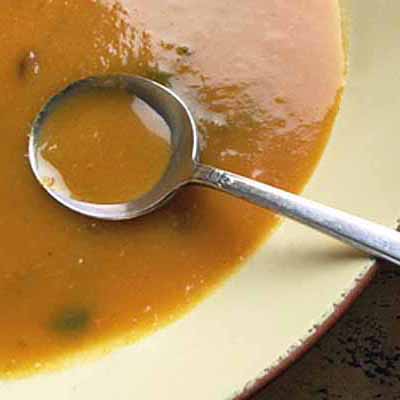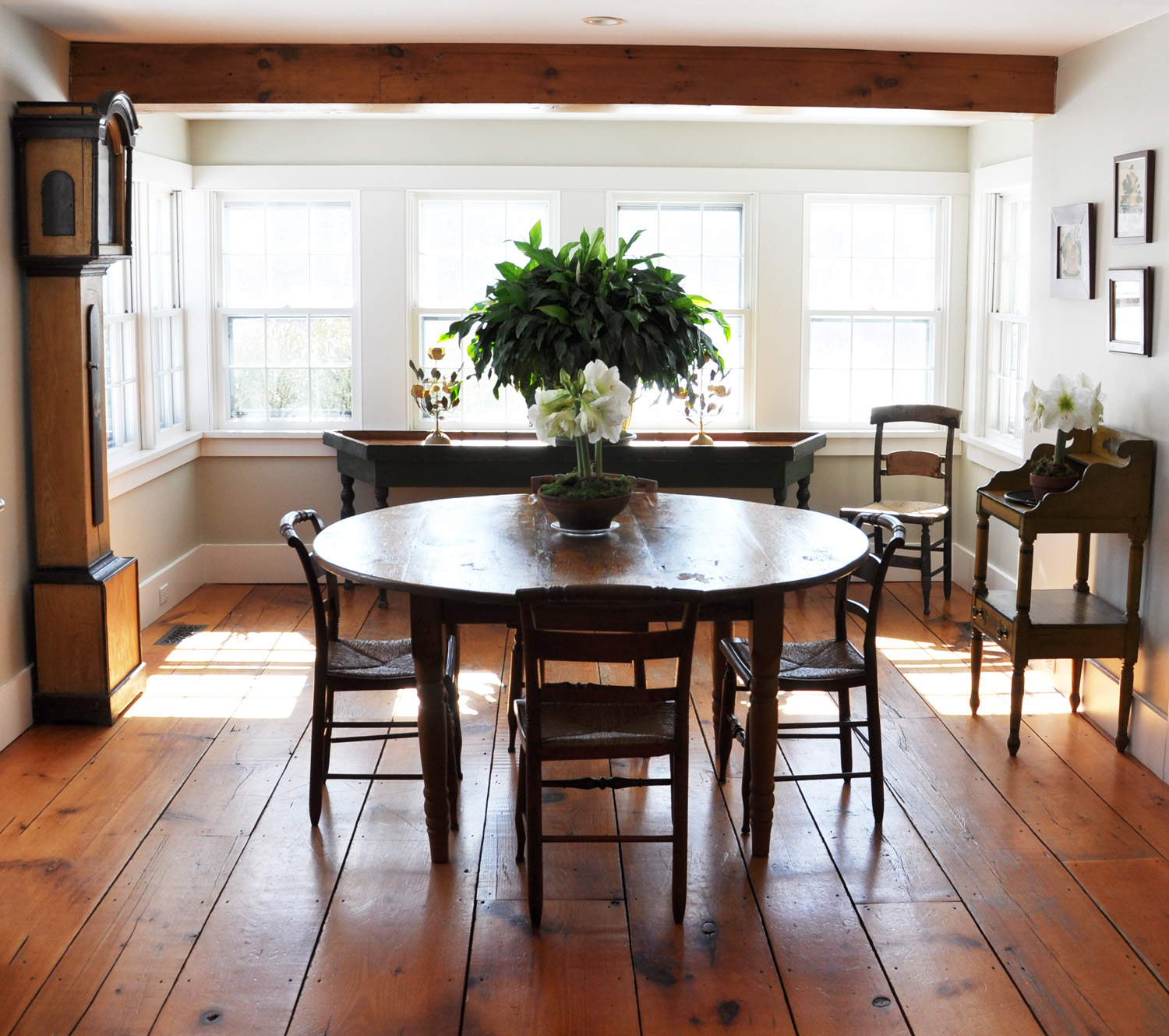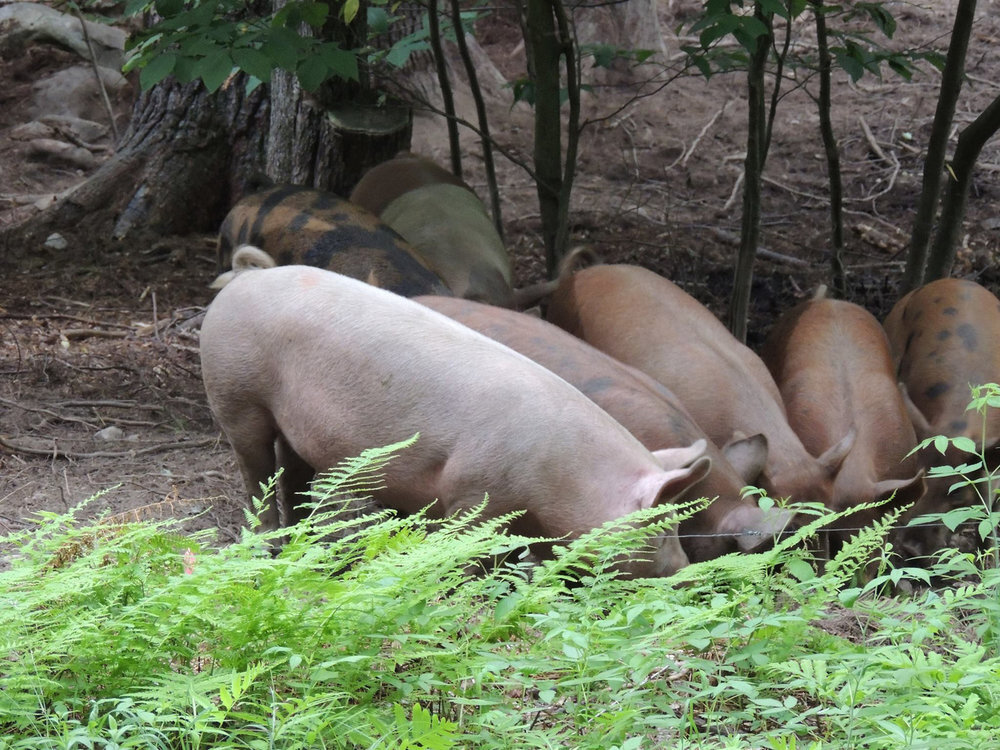BRATTLE FARM
A VISIT TO BRATTLE FARM by Honey Sharp | above photos courtesy Brattle Farm | 600 Williams Street, Pittsfield, MA | www.brattlefarm.com
In mid-August, I had the opportunity to visit a very special farm: Brattle Farm, which features the oldest house still standing in Pittsfield.
“Get to Know Your Farmer,” organized by the non-profit organization, Berkshire Grown, was my entrée. Also present for the tour and short talk were farmers, chefs, Dawn Masiero of Guido’s and the press.
Brattle Farm is “not only a hidden treasure, it’s a labor of love,” said Barbara Zheutlin, the director of Berkshire Grown. “Who would expect to find such a farm in Pittsfield?”
While offering us a tour and a glimpse into the history of the farm, Donna Chandler, the tall, blond co-owner explains: “Four years ago we started a small experimental CSA here in Pittsfield. Neighbors showed lots of enthusiasm. Now we have 100 members, including second homeowners.”
This once small CSA that began with 20 members also features an honors system farm stand and participates in Lenox and Pittsfield farmers’ markets. One discovers here not only forty types of seasonal produce but chickens, turkeys, sheep, pigs, cows, and even award winning merino wool and jars of honey. A few donkeys also roam around the farm.
While appreciating this singularly bucolic, Berkshire environment with an 18th century house, barns, and a scattering of antique farm tools, it dawns on me that Arrowhead, Hermann Melville’s home, is up the road. It turns out this barn red, garrison style colonial house built by William Brattle, Jr. in 1762 was owned for generations by the Brattles until Donna and Bill Chandler purchased it in 2006. At that time it was simply a hay farm.
How did it embark on its 21st century chapter? “Actually it was the animals,” Donna tells me in a matter of fact voice. Their daughter, then 17, was pining for a horse for Xmas. She soon received it while their niece was given two Merino sheep from Hancock Shaker Village.
Owning a few animals doesn’t quite explain the successful nature of this now cultivated and organic farmland, however. In a later email Donna explained: “I had been a member of the CSA, Holiday Farm, and enjoyed the experience. However, I found it difficult sometimes to travel out of the way for pickups. I thought it would be great to have a CSA in southeast Pittsfield.” I write her that I remember seeing the owner of Holiday Farm, Dicken Crane of the Crane paper family when I’d buy his “black gold” i.e. aged manure.
“But," as Donna continues, “I had no formal background. I really didn’t know anything about farming. So I took the "Tilling the Soil" course from Massachusetts Department of Agricultural Resources (MDAR) and, armed with Elliot Coleman's books, started this CSA with the help of family and friends.”
The family involves her husband, Bill Chandler, who still assists with the livestock while holding a job in IT; their hard-working and committed son, Ryan, who's in his late 20s; and two grandsons. “The ten year old works like an adult, and the seven year old loves to separate and divide the produce,” adds Donna with a proud smile.
Like other CSAs the family also relies on their members, volunteers and neighbors. The team of this operation includes part-time and a couple of full-time workers as well. And while a scattering of a few antique farm tools here and there may contribute to the old-fashioned feel, it’s clear that the farm is not simply rooted in the past. Two years ago, while maintaining pasture-based livestock management, they invested in a new modern tractor and tillers as well as hoop houses to extend the growing season. “We wanted more diversity for our products,” explains Ryan as he’s points to rows upon rows of vegetables including squash that his mother later tells me “could feed the entire city of Pittsfield.”
And diversity there is. Not surprising for today’s more gourmet market is heirloom produce including three varieties of eggplant. But perhaps most exotic of all are the jet-black-tailed Japanese Bantam fowl we are shown behind chicken wire. Treasured by the Japanese nobility for their short legs, “they were bred to prevent them from digging up roots,” explains Donna to those of us who may never have encountered a Japanese Bantam chicken.
PHOTO CREDITS Images courtesy of Brattle Farm and Honey Sharp.
Berkshire Grown is a non-profit organization that has been committed for over two decades to developing a thriving regional food economy.
